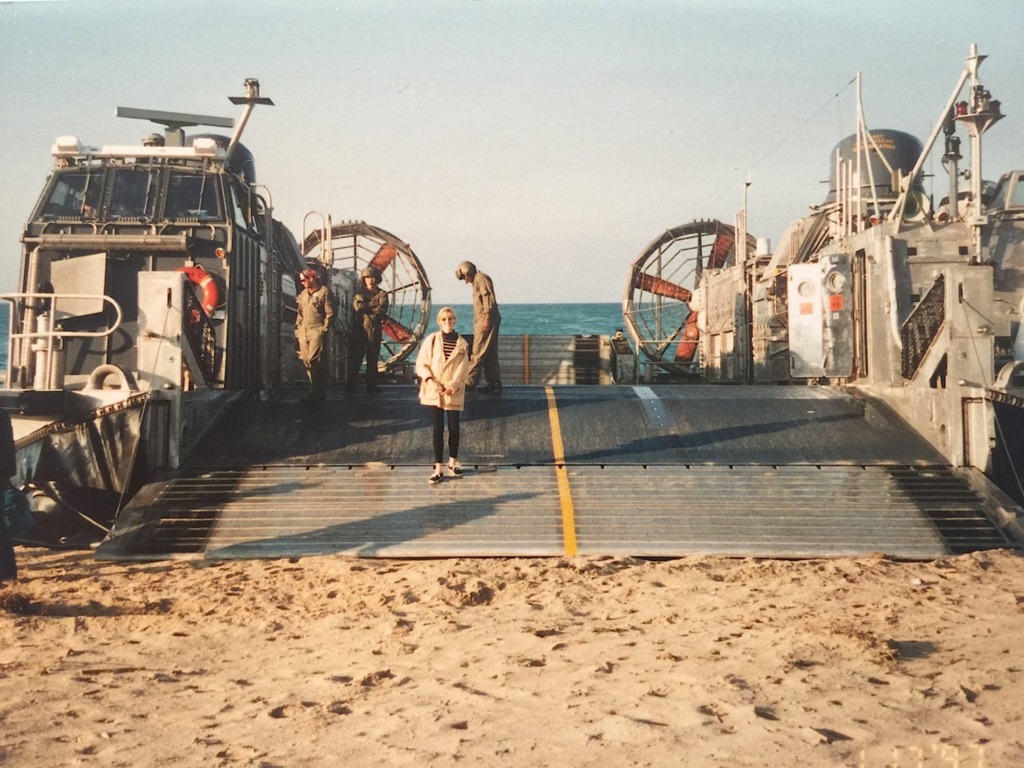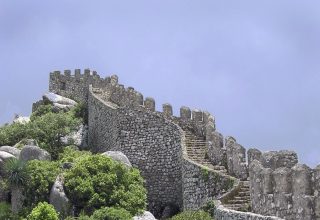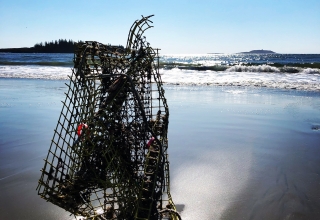
 The author during a Marine-led embassy evacuation exercise from the Kuwaiti desert to an awaiting ship in the Persian Gulf.
The author during a Marine-led embassy evacuation exercise from the Kuwaiti desert to an awaiting ship in the Persian Gulf.
The rise of team-based, collaborative knowledge work in the Post-Digital Age has, in turn, increased the challenges around effective team performance. Today’s teams are frequently global and operate virtually, spanning multiple time zones. Consequently, organizations have increasingly sought team coaching to bridge team performance gaps and enhance team performance in increasingly VUCA (volatile, uncertain, complex, ambiguous) environments.
Before I became a full-time leadership growth consultant and coach with my own firm, I worked in the Middle East, first for USAID as a business communications instructor, and then as a clandestine CIA officer. My participation in a 1997 evacuation exercise from the US Embassy in Kuwait is memorable, in part, because of the psychological safety I observed and experienced with the Marine team to which I was assigned. The Marine Security Guard (MSG) is responsible for securing U.S. embassies abroad and is trained to respond to VUCA situations: terrorist acts, fires, riots, and demonstrations. When the situation on the ground escalates, the MSG is charged with evacuating expats from the country. Exercises like these allow the Marines to practice in as realistic a context as possible. There, they can make mistakes, adjust, and maximize their performance when faced with an actual emergency.
Download Article












